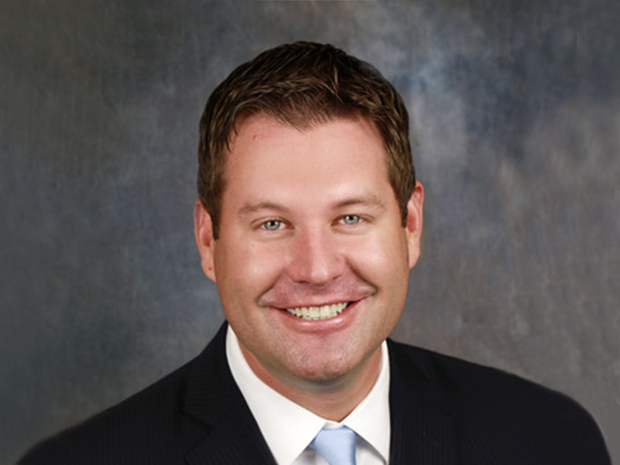On March 21, 2018, Nebraska Governor Pete Ricketts signed Legislative Bill 936, providing amendments to the Legislative Performance Audit Act intending to improve performance audits of state tax incentive programs. Legislative performance audits are conducted by the Legislative Performance Audit Committee, a special committee of the Nebraska Legislature created to provide oversight of various state agency programs. Legislative performance auditing has occurred in the state for several decades. Legislative Bill 936 specifically targets state incentive programs by extending the audit schedule, providing benchmarks, clarifying existing metrics, and adding clarifying definitions. Accordingly, significant changes include the following:
- Tax incentive audit periods are extended so each tax incentive program is reviewed at least once every five years, an increase of two years
- A requirement that the audit analyze whether the job growth from incentivized business increases by at least 10 percent above industry averages
- Two metrics for determining the costs of full-time workers for the audit’s economic and fiscal impact analysis
- Clarifying definitions for “distressed area,” “full-time worker,” “high-quality job,” “high-tech firm,” “new business,” “renewable energy firm,” “rural area,” “unitary group,” and defines the Nebraska average weekly wage
Takeaways
As many states have recently struggled with budget shortfalls, greater oversight of the return on investment of state and local credits and incentives programs may be key to understanding the effectiveness of those programs. By adding additional metrics and robust definitions, Nebraska should have a greater understanding of the economic benefit of its tax incentives programs. Taxpayers should consider that improved review of state incentives may ultimately impact the form and extent of incentives offered. Continued emphasis should be given to fulfilling compliance requirements with currently received incentives, as increased review and monitoring of existing programs will likely result in similar increases in review and monitoring of individual performance for participating companies.



